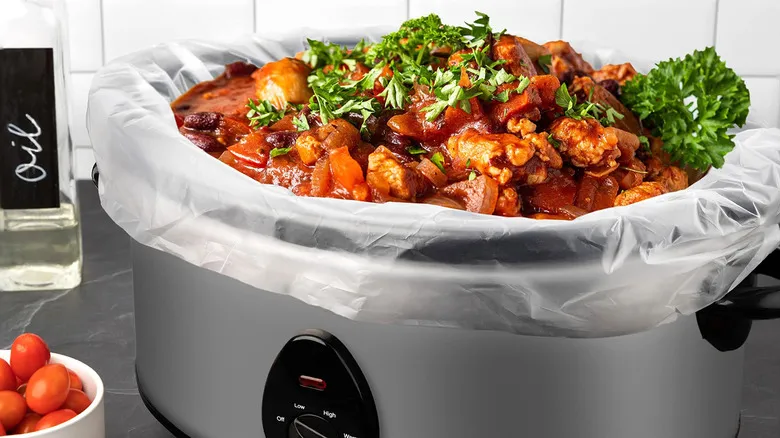Understand what slow cooker liners are made out of
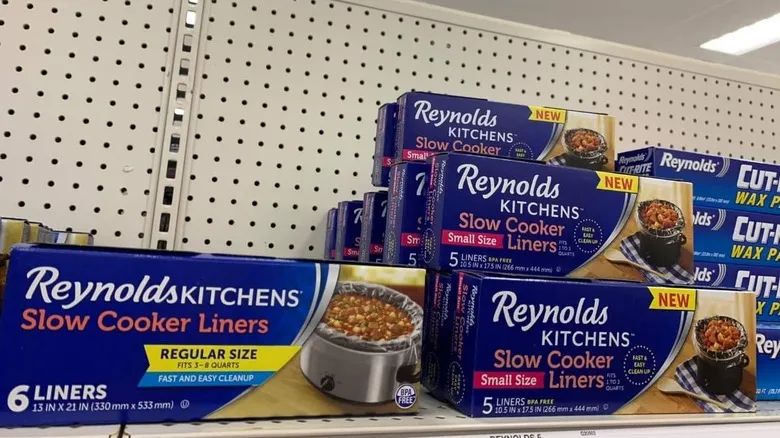
Most slow cooker liners are crafted from food-safe nylon that can withstand temperatures up to 400 degrees Fahrenheit, while typical slow cookers operate between 170 and 280 degrees Fahrenheit. However, you may have reservations about cooking food in a plastic liner. This concern is entirely valid, as bisphenol A (BPA), a chemical used in plastic production, has been known to leach into food. This can pose health risks, particularly for children, infants, and developing fetuses. Additionally, high levels of BPA exposure have been associated with various health issues, including cardiovascular disease and type 2 diabetes.
Before discarding your slow cooker liners, you can take comfort in knowing that many leading slow cooker brands assure their liners are completely BPA-free and compliant with FDA regulations, meaning they meet the food safety standards established by the FDA. Two prominent brands, Crock Pot and Reynolds, explicitly state that their liners are BPA-free, FDA-compliant, and safe for use when handled properly. However, if the idea of cooking food in a plastic liner still makes you uncomfortable, consider lightly spraying your slow cooker with oil to prevent food from sticking, although this may make cleanup a bit more challenging.
Recommended
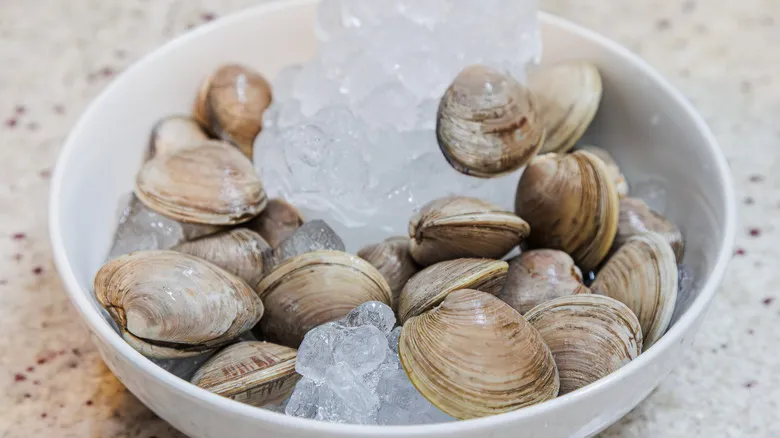
How To Clean Clams For A Grit-Free Dish
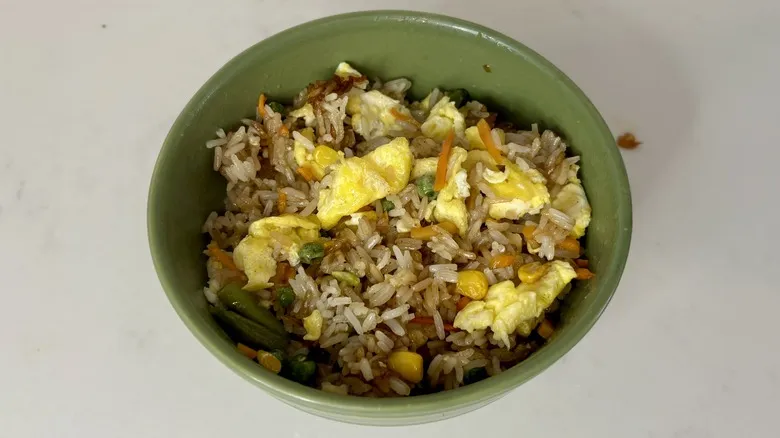
How To Make The Best Fried Rice You've Ever Eaten
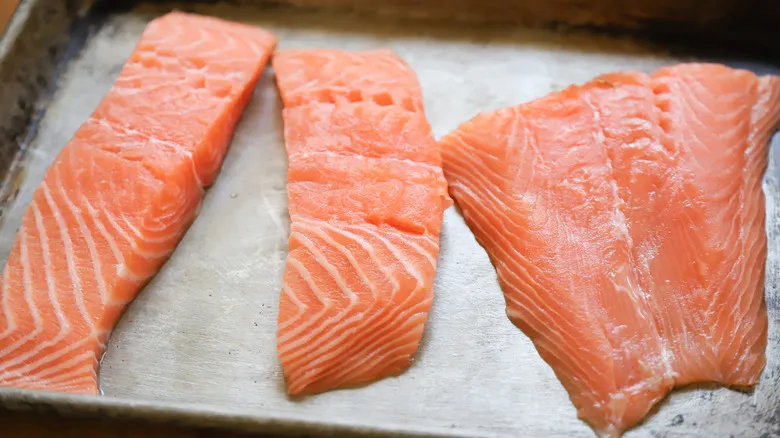
How To Flawlessly Bake Salmon And Reheat The Leftovers
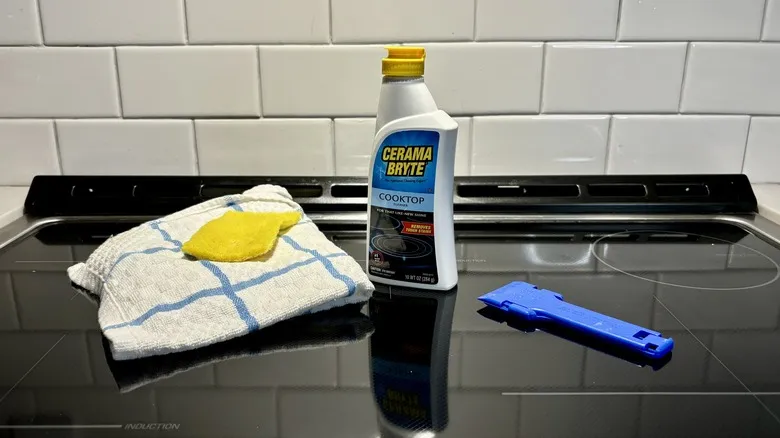
How To Clean A Glass Stove Top (Without Leaving A Single Scratch)
Next up

